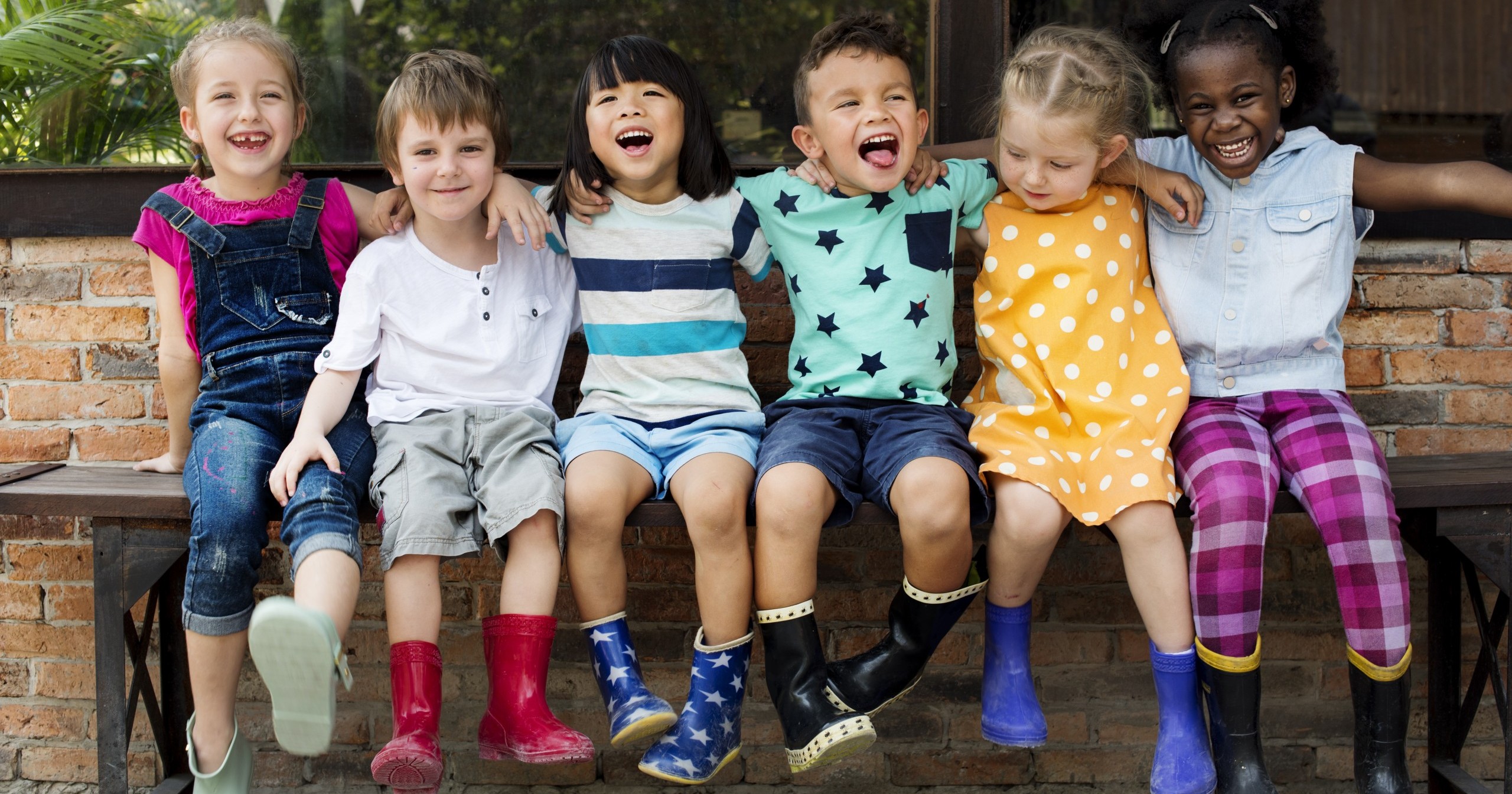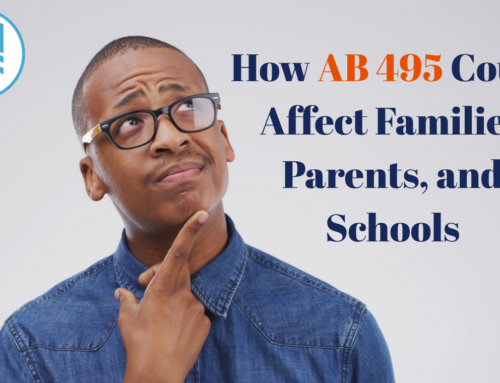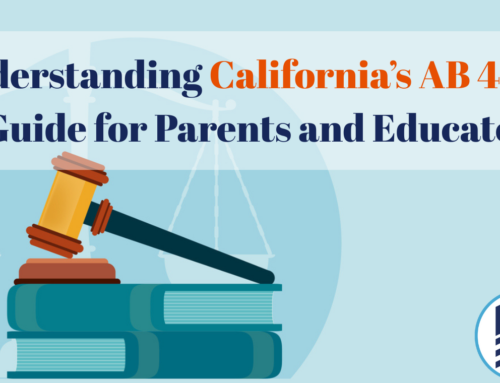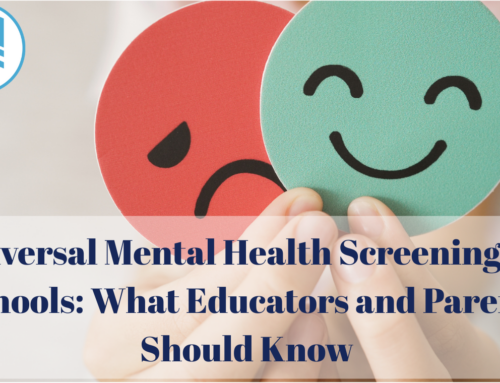
Homeschoolers hear all kinds of well-meant questions about their education choice. From parent qualifications to missing out on playing sports, concerns from others pepper homeschool families regularly.
But, there is one question that every homeschooling family hears, probably so often that they can see it coming before the words are even spoken. The Big “S” Word is arguably the biggest concern for those who haven’t experienced home education.
What is this infamous objection?
Socialization. Friends and relatives are concerned about the kids getting out of the house. Do the children have friends? Will they be able to adapt to and maneuver adulthood?
Despite homeschool’s rapid gain in popularity, the question of homeschooling and socialization is still a top issue brought to the homeschooling community. There’s a lot to unpack here, so let’s get started.
A Valid Concern
When I was growing up as a homeschooler, we often heard the question, “What about socialization?” The odd thing about it was, the question came when we were out socializing. We were interacting with society, and our social life was still of concern.
Data has shown that most homeschool students tend to become well-adjusted members of society. Breitbart notes, “Results of a study conducted by researchers at Harvard University found homeschoolers grow to be young adults who are generally ‘well-adjusted,’ particularly showing characteristics of ‘responsibility’ and social engagement.”
While studies like the one mentioned above offer promising research, there is some validity to the socialization concern. Some homeschooling families lack the resources or motivation to socialize their kids, while others outright fail to recognize the need for kids to interact with the outside world. Lack of opportunity is rarely to blame.
“Homeschooling is not a monolith,” the Coalition for Responsible Home Education explains. “One homeschooled child may be involved in a soccer club, a homeschool music co-op, and a writing class, and have their friends over regularly besides, while another homeschooled child may have no outside activities and little interaction with friends.”
Socialization is almost entirely the parents’ responsibility. As home educators, Mom and Dad should be proactive in every area of their kids’ education, including their interactions outside the home.
Socialization Defined
What does socialization mean in the context of this concern? A paper published by Stetson University highlights the difficulties of pinpointing a single definition:
“What makes this question so puzzling is that different people mean different things by the word socialization. Some people mean social activity: giving children the chance to play with friends and participate in traditional extracurricular activities like sports, school plays, and the senior prom. Others mean social influence: teaching children to conform to majority norms. And some mean social exposure: introducing children to the culture and values of different groups of people.”
As noted above, the question itself has many nuances, and you have to wonder if family and friends have a clear idea of what they mean when they ask. Happily, homeschoolers have ample opportunity to meet all their socialization needs!
The Responsibility of Homeschooling
When you educate your kids at home, the classroom expands beyond four walls and a desk. School should be a journey of exploration into the wonders of the outside world in every dimension. Parents who choose to homeschool are giving their children a magnificent gift. But, they are also undertaking a serious responsibility. Sitting at home and refusing to expose their children to outside encounters doesn’t create a well-rounded education or well-adjusted adults.
Proper homeschooling requires the involvement of parents. It’s more than reading, writing, and arithmetic; it’s a whole experience. It broadens a child’s mind and prepares them for the real world. When homeschooling fails, life in the real world is one of the most frustrating experiences a young adult can endure. Educational neglect is real.
The job of homeschooling parents is to facilitate their child’s learning. This includes leading them to form a good foundation for functioning in society.
What Does It Look Like?
So what does socialization look like for homeschoolers?
Diverse socialization opportunities abound in home education. It isn’t limited to peers or age group for many homeschoolers. While public school students spend most of their learning days with kids their own age, homeschool students typically interact with a diverse collection of social variables.
Many homeschooling families have several children of different ages, who all spend time together on a daily basis. They also experience lots of face-to-face time with the adults in their lives; good homeschooling parents will use this as an opportunity to cultivate their kids’ ability to converse on a higher level.
Outside the house, homeschool students are invested in a variety of social interactions, from conversing with adult acquaintances out and about with Mom to helping out with the younger kids at the co-op.
Is it possible for public school kids to engage in these activities? Of course! But most of a public school student’s time is spent at school or involved in extracurricular activities with kids their own age. This doesn’t leave much time for diversified socialization.
The Journal of School Choice published a review examining the data provided by numerous studies about the impact of homeschooling.
“The search for peer-reviewed reports on the social development of home-educated children and adults revealed 15 studies. Thirteen of the 15 showed clearly positive outcomes for the homeschooled compared to those in conventional schools.”
The studies’ variables provide valuable insights, touching on several aspects of socialization for homeschoolers vs. public schoolers. However, a summary of the data shows that, in general, homeschoolers adjust well to social and real-world scenarios.
So, how does home education facilitate socialization?
Homeschool Methods
Some homeschooling styles lend themselves to encouraging students to interact with the world and become more socially adept.
Roadschooling and worldschooling take children from their home environment and expose them to a variety of cultures, experiences, and regions. These are terrific opportunities for parents to help their homeschool students push their limits and grow socially. Interacting with people in each new environment provides an excellent introduction to diversity and open-minded expansion.
Montessori and unschooling bring children alongside the parents in their everyday lives. These homeschooling methods encourage parents to include their children in real-world activities. This might look like the kids doing their own shopping, including checking out and paying for the merchandise (even if it’s with Mom’s money.) The rationale for these homeschooling styles is that kids will naturally learn as they live and that they should participate in all everyday activities at an age-appropriate level.
By default, homeschooling methods like these push children into socializing as a part of their education.
Co-ops
“At its core, a homeschooling cooperative is made up of several families who meet regularly at libraries, churches, community centers, or homes and work together toward similar goals, which can be based on socialization, education, activities, or any combination of these.”
This statement from Parents Magazine explains the basic concept of a co-op. A homeschool co-op offers parents support and helps fill gaps in a child’s education. This terrific tool provides students an opportunity for socialization and fun experiences that they may have missed otherwise.
Homeschool co-ops come in several different forms. Co-ops are great ways for these kids to experience exposure to nearly any topic, from unit studies to inviting experts to teach their field of study. Many co-ops focus on unit studies, where they explore other cultures, social issues, and events. They give the students a more rounded understanding of the world on a social level.
These gatherings also give homeschool students a chance to interact with other kids in their age group.
Physical Education
During my homeschool experience, our homeschool group had organized P.E. days once a week in the summer. One day, we met at a park for a rigorous scavenger hunt for younger kids while the older kids played baseball. Other times, we met at a local gym and played basketball. Parents had different talents to bring to the table, and we capitalized on that. For instance, my aunt both played and coached high school basketball. She led our basketball games, teaching rules and techniques and pushing us physically.
We also met up with a large group of friends outside of our homeschool group throughout my teen years. We would play long hours of volleyball, coached by members who had played or taught the sport.
These events exposed us to new experiences, new and old friends, social interaction, and people with varying backgrounds and lifestyles.
Sports
Contrary to the belief of many, homeschoolers can participate in organized sports! The mechanics of participation vary from state to state—and sometimes from district to district. No matter where you are, it’s very likely that your homeschooled student has access to an organized sport if they want it.
Homeschool-Curriculum.org has a great informational article on this topic and suggests starting with your local parks and recreation department or the YMCA. See if they have a sports league open to homeschooled kids. Public school sports are also an option for homeschoolers in many districts.
Other Options
We have explored just a small sampling of opportunities for homeschoolers to socialize. Other possibilities include:
- Extracurricular activities (martial arts, music, dance, Civil Air Patrol, cooking classes, computer coding, art classes, etc.)
- Volunteering (a homeless shelter, a local nursing or retirement home, the local crisis pregnancy center, the SPCA, or the zoo)
- Dual enrollment classes at a local community college
- Church activities
- 4-H or FFA
An Exciting World
Homeschooling is an expansive universe of possibilities. We’ve heard the stories about the socially awkward homeschooler who couldn’t answer a simple question or handle a conversation of five words or more. Without a doubt, homeschooled kids deserve the opportunity to socialize just like their public school counterparts.
It’s the parents’ responsibility to push their children to grow, and parents must provide opportunities to do that in socialization, just as in academics.
The Big “S” Word in the homeschooling community doesn’t generally justify the concern surrounding it. With a bit of foresight and a moderate emphasis on opportunity, socialization doesn’t have to be a homeschooling problem, and most of the time, it’s not. It is a facet of homeschooling that parents should be aware of and proactively embrace.





[…] who have already attended a local school, remember that they may miss seeing their friends daily. The “socialization” problem with homeschooling has been debunked repeatedly. However, your kids will probably see less of their […]
[…] together by age. Children socialize, but their experience is limited to their own peers. Homeschooled children have the advantage here as they are often exposed to children of various ages. This broadened exposure is facilitated by coops. a […]
[…] appear to be productive and engaging members of society. As defined by this measure, homeschooling is a […]
[…] Learn more about homeschooling and socialization […]
[…] appear to be productive and engaging members of society. As defined by this measure, homeschooling is a […]
[…] Learn more about homeschooling and socialization […]
[…] who have already attended a local school, remember that they may miss seeing their friends daily. The “socialization” problem with homeschooling has been debunked repeatedly. However, your kids will probably see less of their […]